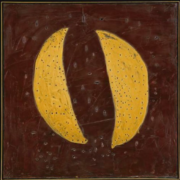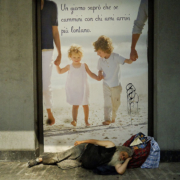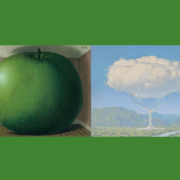The skin screams what my voice cannot express
Abstract
The skin as the first image of ourselves, the first contact with the outside world and with our mother, is a privileged organ in relational life.
It reveals what is going on inside us, as it is a visible organ that blushes, pales, sweats, freezes, etc. It represents the organ of touch, harbinger of sensations of vital importance. The skin, mirror of our soul and our feelings, is a kind of maternal Read more



